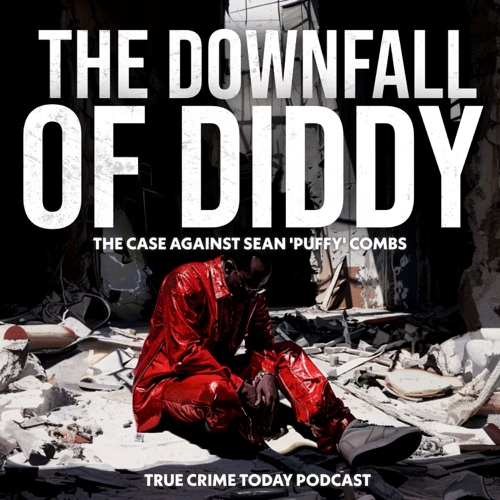
Bra podd
Sveriges mest populära poddar

The UL Research Impact Podcast Channel features interviews and seminars exploring research that makes an impact beyond academia.
Avsnitt
Podden University of Limerick är skapad av Research Impact. Poddens innehåll och bilderna på den här webbplatsen hämtas med hjälp av poddens RSS-flöde.
00:00
-00:00




